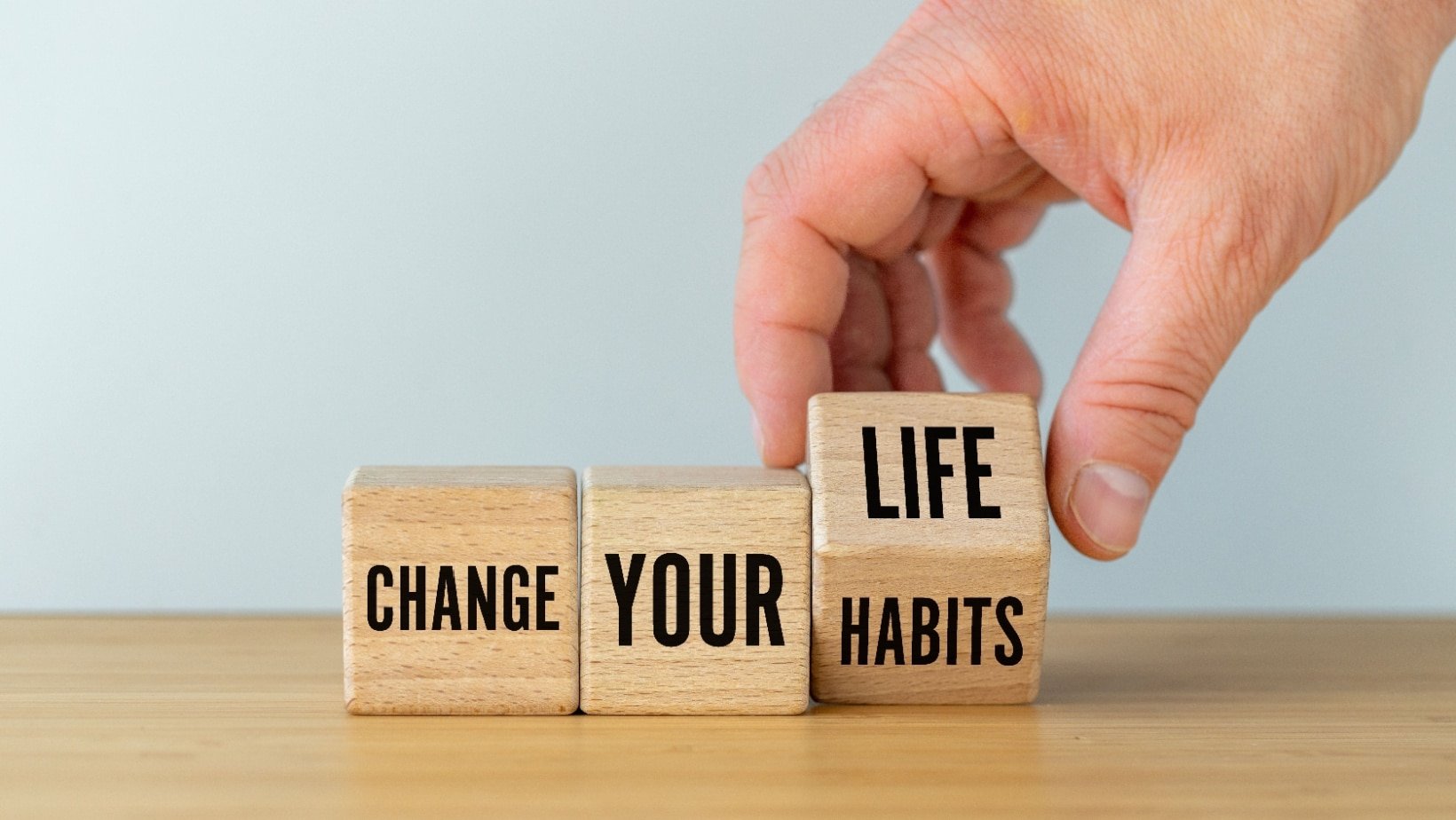Most people don’t realize how fast money slips away until their bank account starts begging for mercy. It’s not always the big stuff like a bad investment or a surprise medical bill. Sometimes, the real damage comes from small, repeated habits that drain your money without you even noticing.
If you’ve ever looked at your paycheck on Friday and wondered why it’s mostly gone by Monday, this one’s for you. These everyday choices seem harmless, but over time, they can chip away at your savings and keep you stuck in a cycle of financial stress.
Grabbing Coffee Every Morning

Spending $5 a day on coffee doesn’t sound like much. But do the math: five bucks a day for 260 workdays is $1,300 a year. That’s enough for a vacation, a student loan payment, or even an emergency fund boost. Starbucks isn’t evil, but your daily ritual could be quietly robbing your future.
Ignoring Subscriptions You Don’t Use

You signed up for Netflix, then Hulu, then Max, then maybe a meditation app and a fitness plan. A survey by C+R Research found that 42% of Americans forgot they were still paying for at least one recurring subscription. That’s your money going to services you don’t even touch.
Using Credit Cards for Everything Without Tracking

It’s easy to swipe now and worry later. But if you’re not keeping tabs, interest piles up. The average American carries $6,730 in credit card debt, according to Experian. And with interest rates around 20%, you’re paying way more than you realize for everyday items like groceries and gas.
Shopping Without a List

Heading into a store without a list is like grocery shopping hungry. You end up buying stuff you didn’t plan for. A simple list helps you stick to what you need and avoid impulse buys. That $3 snack you didn’t need turns into $300 a year without you noticing.
Buying the Latest Tech Just to Keep Up

Got FOMO every time Apple launches a new phone? That urge to upgrade isn’t about need; it’s about status. Tech depreciation is brutal. A new iPhone loses up to 36% of its value in just one year. Unless your current device is broken, resist the hype and keep your cash.
Letting Food Go Bad in the Fridge

You’ve probably tossed out limp lettuce and expired yogurt. But food waste adds up fast. The USDA reports that the average American household wastes about $1,500 worth of food each year. That’s money straight in the trash, and it doesn’t even smell good doing it.
Treating Online Shopping as Therapy

Feeling bored or stressed? Scrolling Amazon might feel like relief, but it often ends in buyer’s remorse. Those little “treat yourself” orders stack up quickly. Ask yourself: would you still want it if it meant skipping dinner out with friends next week?
Paying Minimum on Your Credit Card

Paying the minimum feels like progress, but it’s a trap. If you only pay the minimum on a $3,000 balance with a 20% APR, it could take over 16 years to pay off, and you’ll shell out more than $7,000 in interest. That’s a whole used car gone to interest.
Ordering Takeout Too Often

Convenience costs. The Bureau of Labor Statistics found that the average household spent over $3,900 a year on dining out. Cooking at home saves money, teaches you a life skill, and makes your wallet sigh in relief. Even two fewer takeout orders a week makes a big difference.
Ignoring Your Budget Altogether

If you don’t tell your money where to go, it will go everywhere. Budgeting sounds boring, but it’s just a plan for your money. Apps like Mint or YNAB make it easier than ever. Think of it as freedom, not restriction. You’re in control, not your spending urges.
Making Only Emotional Purchases

Emotions are powerful shoppers. That breakup hoodie, stress snack, or “I deserve this” gadget all seem harmless until your savings account hits zero. Pause before buying. Ask yourself, “Will this still feel good next week?”
Skipping Health Appointments to Save Money

Avoiding the dentist or doctor might save cash now, but problems can quickly escalate. A report by the CDC found that untreated dental issues led to emergency visits that cost Americans over $45 billion in productivity annually. Prevention is always cheaper than reaction.
Not Negotiating Bills or Rates

Most companies expect you to negotiate. Call your internet provider. Ask your credit card company for a lower APR. Harvard Law School Review reported that people who negotiated their starting salaries made $5,000 more on average, and that raise compounds every year. You just have to ask.
Disclaimer – This list is solely the author’s opinion based on research and publicly available information. It is not intended to be professional advice.
How Total Beginners Are Building Wealth Fast in 2025—No Experience Needed

How Total Beginners Are Building Wealth Fast in 2025
I used to think investing was something you did after you were already rich. Like, you needed $10,000 in a suit pocket and a guy named Chad at some fancy firm who knew how to “diversify your portfolio.” Meanwhile, I was just trying to figure out how to stretch $43 to payday.
But a lot has changed. And fast. In 2025, building wealth doesn’t require a finance degree—or even a lot of money. The tools are simpler. The entry points are lower. And believe it or not, total beginners are stacking wins just by starting small and staying consistent.
Click here and let’s break down how.
5 Easy Steps to Change Any Habit

5 Easy Steps to Change Any Habit
We all click on them with the hope that just THIS time the secret to changing a bad habit or adopting a healthy one will be revealed and we’ll finally be able to stick to that diet, stop that one or ten things that might in the moment make us feel temporarily good but really just make us fat, unhealthy, sad, mad or just frustrated with ourselves.




